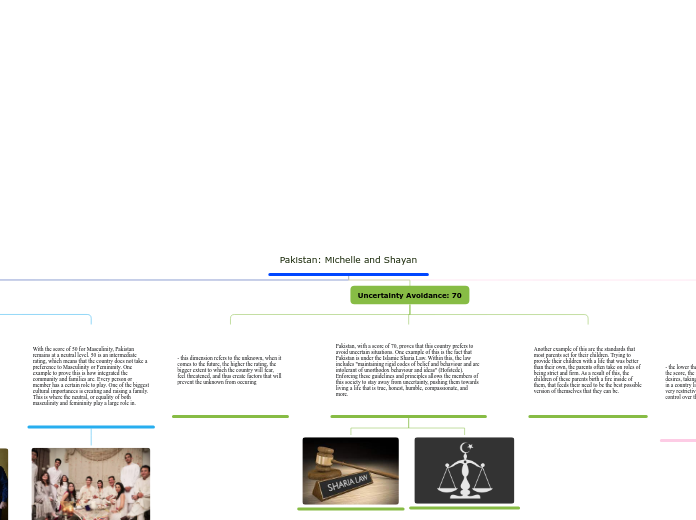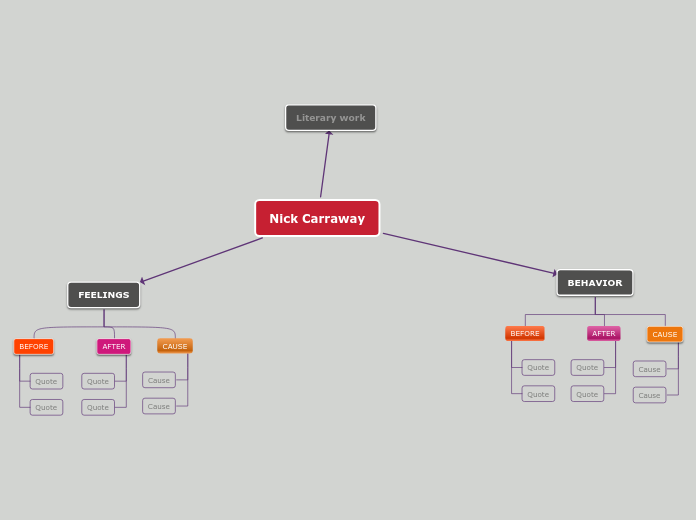par SM - 12LG 680332 Rick Hansen SS Il y a 2 années
236
Pakistan: Michelle and Shayan
Pakistan exhibits a high degree of uncertainty avoidance, scoring 70 on Hofstede's scale. This indicates a strong preference for avoiding uncertain situations, primarily through adherence to Islamic Sharia Law, which enforces rigid codes of belief and behavior.









